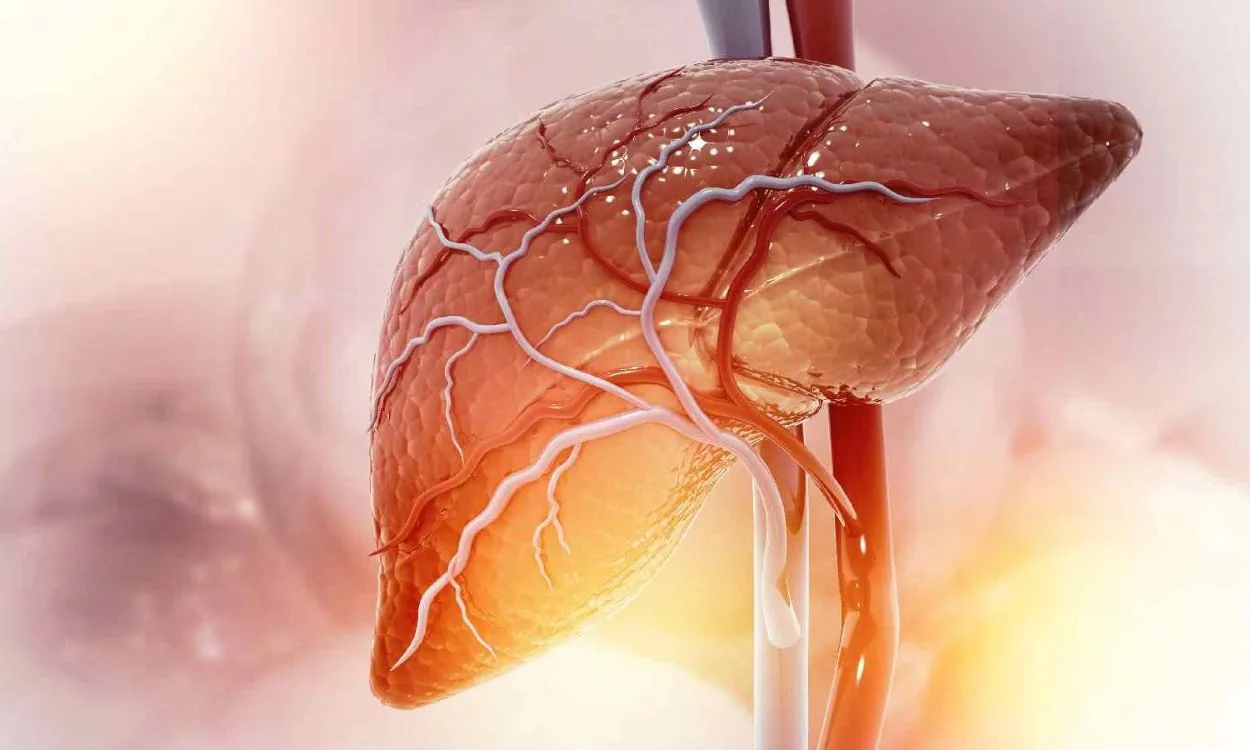Can PCOD Lead to Non-Alcoholic Fatty Liver Disease?
Polycystic Ovary Syndrome (PCOS) is a common hormonal disorder that affects women of reproductive age. It is characterized by irregular menstrual periods, excess androgen levels, and polycystic ovaries. One of the lesser-known complications associated with PCOS is the potential development of non-alcoholic fatty liver disease (NAFLD). This condition occurs when fat builds up in the liver, leading to liver inflammation and potential long-term damage. In this blog, we will explore the relationship between PCOS and NAFLD, the underlying mechanisms, risk factors, and potential preventive measures.
Understanding the Link between PCOD and NAFLD
How PCOD Contributes to NAFLD
PCOS is often associated with insulin resistance, a condition in which the body’s cells do not respond effectively to insulin, leading to high blood sugar levels. Insulin resistance can contribute to the accumulation of fat in the liver, a key characteristic of NAFLD. Moreover, the hormonal imbalances in PCOS, particularly elevated levels of androgens, can further exacerbate the risk of liver fat accumulation.
Impact of Hormonal Imbalance
The hormonal imbalance in PCOS, particularly the elevated levels of androgens, can have a direct impact on liver function and lipid metabolism. Research suggests that androgens may influence lipid accumulation in the liver, potentially contributing to the development of NAFLD in individuals with PCOS.
Role of Obesity
Obesity is a common comorbidity in individuals with PCOS, and it is also a significant risk factor for NAFLD. The combination of insulin resistance, hormonal imbalances, and obesity creates a favorable environment for the development of fatty liver disease.
Recognizing the Risk Factors
Insulin Resistance
Individuals with PCOS are more likely to experience insulin resistance, which can directly contribute to the development of NAFLD. Monitoring insulin levels and addressing insulin resistance is crucial in managing the risk of fatty liver disease.
Obesity
Excess weight, particularly abdominal obesity, is a prominent risk factor for both PCOS and NAFLD. Maintaining a healthy weight and adopting a balanced diet can help mitigate the risk of liver fat accumulation.
Preventive Measures and Lifestyle Modifications
Dietary Interventions
Adopting a low-glycemic index diet can help manage insulin levels and reduce the risk of liver fat accumulation. Emphasizing whole foods, lean proteins, and complex carbohydrates while limiting refined sugars and processed foods can support liver health.
Regular Physical Activity
Engaging in regular exercise not only aids in weight management but also improves insulin sensitivity and reduces the risk of NAFLD. Incorporating both aerobic and strength-training exercises into a weekly routine can be beneficial.
Monitoring Hormonal Imbalance
Individuals with PCOS should work closely with healthcare providers to monitor and manage hormonal imbalances, particularly elevated androgen levels, which can contribute to liver-related complications.
Seeking Medical Guidance
Regular health check-ups and consultations with healthcare professionals are essential for individuals with PCOS to monitor liver health and assess the risk of NAFLD. Early detection and intervention can significantly impact long-term outcomes.
The Fitpaa Solution
While addressing PCOS-related health concerns, it is essential to have access to personalized, comprehensive, and evidence-based support. Fitpaa, a revolutionary health and fitness app, offers a holistic approach to managing health and wellness goals, including conditions like PCOS and the associated risk of NAFLD. By leveraging state-of-the-art technology and a team of expert health professionals, Fitpaa provides personalized metabolism monitoring, medical nutrition therapy, and cognitive behavioral therapy to support individuals in achieving their health and fitness goals.
Embracing a Holistic Approach to Health with Fitpaa
Personalized Metabolism Assessment
Through advanced metabolism assessment, Fitpaa identifies the underlying factors that may contribute to the risk of NAFLD, providing valuable insights for personalized intervention strategies.
Tailored Fitpaa Capsule
Fitpaa offers a personalized health and fitness plan, known as the Fitpaa Capsule, which integrates medical therapy, exercise therapy, nutrition therapy, and cognitive behavior therapy to optimize metabolism and support overall well-being.
Real-time Guidance and Support
With the Fitpaa app, individuals can access real-time guidance, habit-building tools, and personalized support from a team of fitness planners, nutritionists, and doctors, empowering them to make sustainable lifestyle changes.
Commitment to Guaranteed Results
Fitpaa’s goal-oriented approach comes with a commitment to guaranteed results, providing individuals with the assurance and motivation they need to proactively manage their health and wellness journey.
In conclusion, while PCOS can potentially increase the risk of non-alcoholic fatty liver disease, proactive lifestyle modifications, regular monitoring, and personalized support can significantly mitigate this risk. With the comprehensive resources and tailored interventions offered by Fitpaa, individuals can embark on a transformative health and wellness journey, addressing the multifaceted aspects of PCOS and its potential implications on liver health. If you are ready to take charge of your health and embrace a holistic approach to wellness, the Fitpaa app is here to support you every step of the way. Download the Fitpaa app today and embark on a journey towards comprehensive health and wellness.









